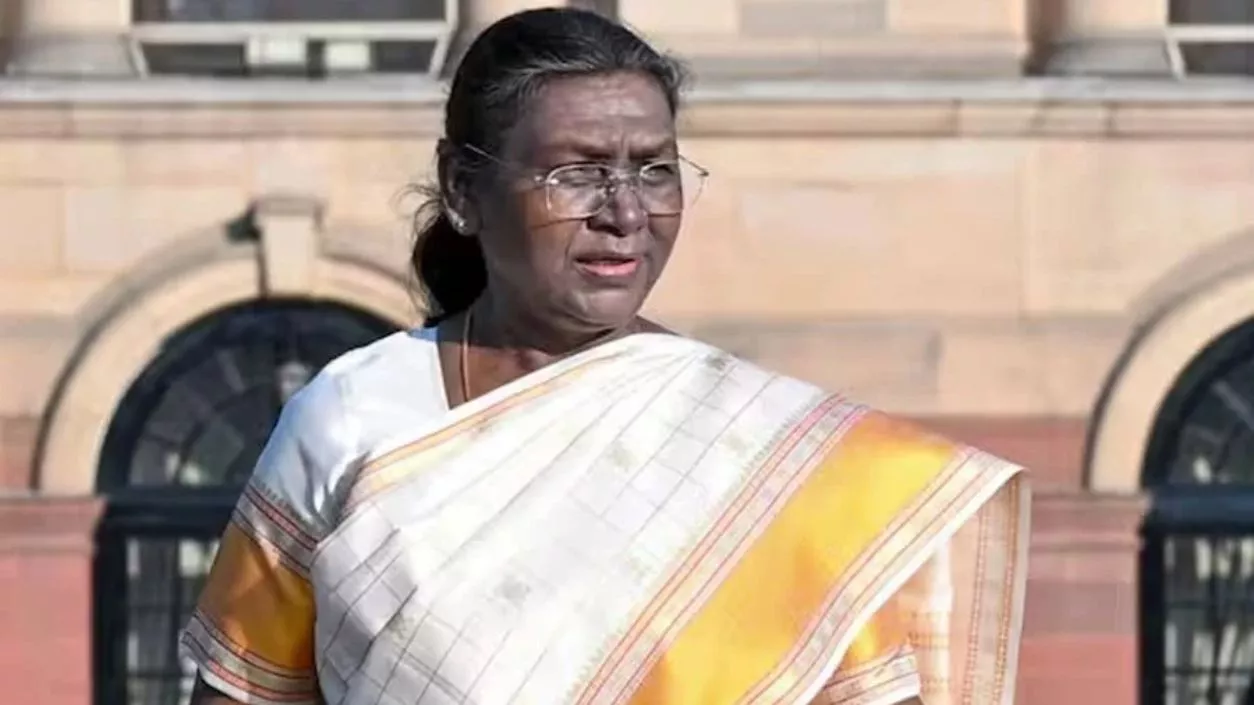Protests erupt outside Kasba Police station as 3 arrested in alleged Kolkata college gang rape
.gif)
.gif)

President Droupadi Murmu has given her assent to the Immigration and Foreigners Bill, 2025, making it a law with effect from April 4, 2025, following its publication in the official gazette. The legislation introduces a unified legal framework for regulating matters related to immigration and the presence of foreigners in India.
The new law repeals four previous legislations—the Passport (Entry into India) Act, 1920, the Registration of Foreigners Act, 1939, the Foreigners Act, 1946, and the Immigration (Carriers' Liability) Act, 2000. With their repeal, all responsibilities relating to the entry, stay, registration, tracking, and regulation of foreigners in India will now be governed under the single legislation.
According to the Act, any individual who knowingly uses or supplies a forged or fraudulently obtained passport, visa, or travel document for entering, staying in, or exiting from India will face a minimum imprisonment of two years, extendable to seven years, and a fine not less than ₹1 lakh and up to ₹10 lakh. Similarly, any foreigner entering India without a valid passport or required visa will be punishable with imprisonment up to five years, or a fine up to ₹5 lakh, or both.
The law also introduces mandatory reporting obligations for institutions that come in contact with foreigners. Hotels, universities, other educational institutions, hospitals, and nursing homes are now legally required to report relevant data of foreigners using their services. This aims to help authorities track and take action against overstaying or undocumented foreign nationals.
The Act mandates all international airlines, shipping companies, and other carriers to provide advance passenger and crew information, including the manifest, to a civil authority or immigration officer upon arrival at Indian ports or airports. This provision is intended to enhance surveillance and documentation of entry and exit points.
Additionally, the legislation gives the central government powers to control premises frequented by foreigners. The authorities may instruct the owners of such places to either close them, allow conditional use, or restrict access to certain classes of foreigners as per specific guidelines. This clause is applicable to any property identified for security or immigration-related concerns.